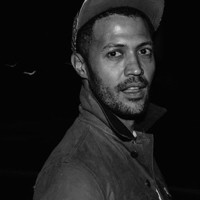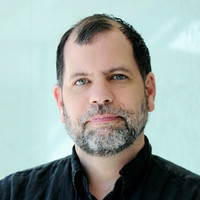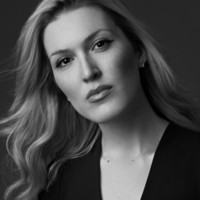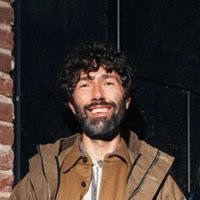Raquel Willis, the former executive editor of Out, is an activist, journalist, and writer.
Guest host Patrice Peck is a freelance journalist and writes the Coronavirus News for Black Folks newsletter.
“To my peers, I would just say that we have to rethink our idea of leadership. Rethink our idea of storytelling. As the media, we shouldn’t be seeing ourselves as the owners and the gatekeepers of people’s stories. We actually need to be democratizing this experience—sharing the tools of storytelling with other folks. Folks are hungry to tell their own stories and may not always have the tools.”
Thanks to Mailchimp for sponsoring this week's episode.



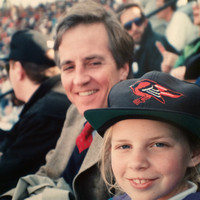




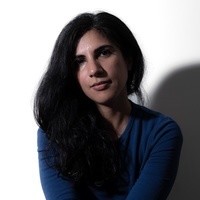



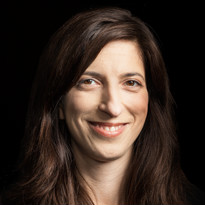 Pamela Colloff is an executive editor and staff writer at Texas Monthly.
Pamela Colloff is an executive editor and staff writer at Texas Monthly.
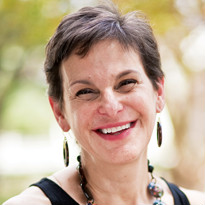 Mimi Swartz has written for Talk, The New Yorker and Vogue. She is an executive editor at Texas Monthly.
Mimi Swartz has written for Talk, The New Yorker and Vogue. She is an executive editor at Texas Monthly.




